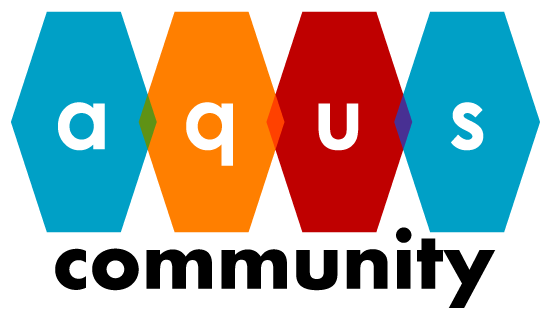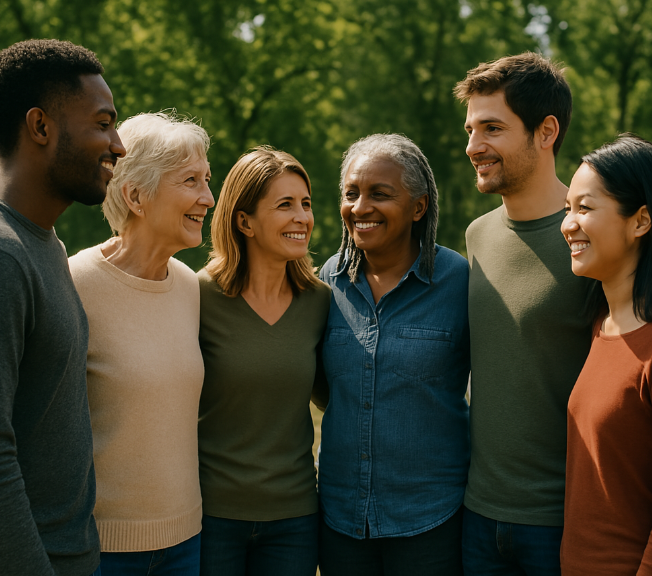We often think of democracy as something that happens at the ballot box. But democracy is more than just voting—it’s a way of living together, of making decisions as a community, of trusting one another enough to build a shared future. That trust doesn’t appear out of nowhere. It’s built in the spaces where we gather, in the conversations we have, and in the relationships we nurture.
Today, however, we are facing an epidemic of loneliness, disconnection, and a fading sense of belonging. Loneliness isn’t just harmful to individuals—it’s a threat to democracy itself.
When people become isolated, they stop participating. They disengage from civic life, withdraw from public conversations, and lose the habit of working together. In the absence of connection, fear and distrust take root. We see the effects: declining membership in civic organizations, fraying social ties, and a growing sense that we no longer know our neighbors. (Though I believe Petaluma is different.)
Democracy dies in loneliness.
But it flourishes in community.
When people gather—whether in town halls, faith groups, volunteer organizations, or social clubs—they do more than just socialize. They build trust. They practice cooperation. They learn to disagree without dehumanizing one another. These habits of engagement are the foundation of a healthy democracy.
This isn’t just theory. Robert Putnam’s Bowling Alone showed that communities with strong civic participation have lower crime rates, better public health, and more responsive governments. The decline of local organizations isn’t just a loss of tradition—it’s a weakening of the very fabric that holds democracy together.
That’s why we need to rebuild.
I’ve issued a challenge to my community: join one local organization every year for the next five years. Start this year with one. A Rotary Club, a gardening group, a neighborhood association—any group where people meet face-to-face. This isn’t just about making friends (though that happens too). It’s about restoring the structures that allow democracy to function.
We need spaces where people of different backgrounds and views can connect—not through social media outrage, but through shared experiences and real conversations. We need places where people show up, not as voters or partisans, but as neighbors.
Democracy requires participation. And participation requires relationships. If we want to keep democracy alive, we have to start by strengthening the bonds between us.
Because democracy doesn’t just happen in elections. It happens in communities.
And communities don’t form on their own—they are built by the people who show up.
It’s time to show up.

